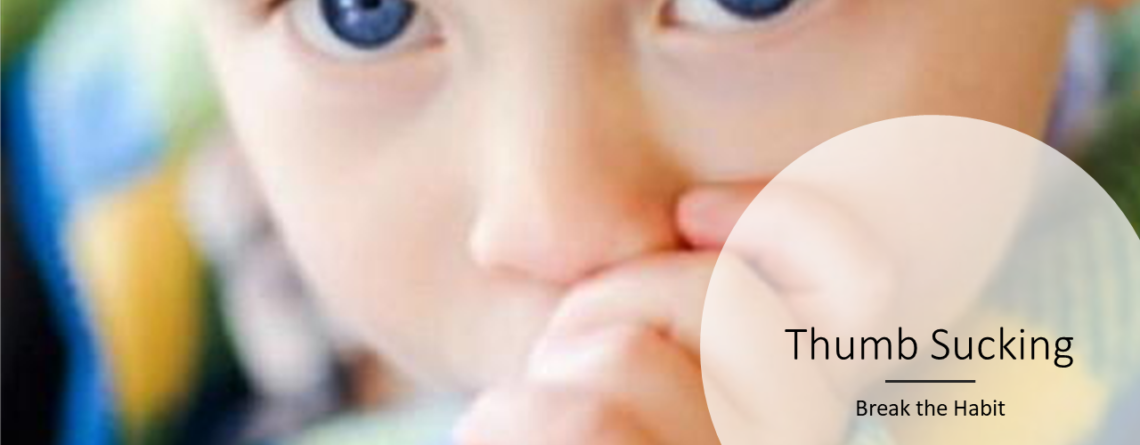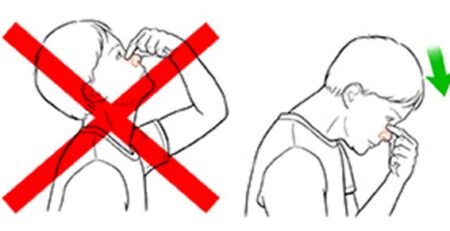Breaking the Habit: A Parent’s Guide to Stopping Thumb Sucking in Children
Thumb sucking is a common habit among children, but as parents, it can be difficult to know how to handle it. While it may seem harmless at first, thumb sucking can lead to dental issues and difficulty in speaking. But there are effective strategies that parents can use to help their child say goodbye to thumb sucking. Whether it’s through positive reinforcement, gentle reminders, or seeking professional help, there are ways to break this habit and give your child the confidence they need to succeed. In this post, we will explore some of the most effective strategies for parents to help their child kick the thumb sucking habit.
Parent: Doctor, my child has been sucking their thumb a lot. I’m worried it may affect their teeth.
Pediatrician: Thumb sucking is a common habit in children, but it can cause problems with the teeth and jaw if it continues past a certain age.
Parent: When should I try to stop the habit?
Pediatrician: If your child is still sucking their thumb at age 4 or 5, it’s a good idea to start working on breaking the habit. There are several ways to help your child stop, including positive reinforcement and discouraging the behaviour.
Parent: Are there any specific techniques that can help my child stop the habit?
Pediatrician: One technique that may be helpful is to have your child wear a reminder, such as a band-aid or a special ring, on their thumb during the day. This can serve as a visual cue to remind them not to suck their thumb.
Parent: That’s a great idea. What else can I do?
Pediatrician: Another technique is to praise your child when they do not suck their thumb, and to redirect their attention when you notice them starting to suck their thumb.
Parent: Thank you doctor, I’ll try those methods. What about at night?
Pediatrician: At night, you can try having your child wear a special glove that will make it difficult for them to suck their thumb.
Parent: Clever idea. Is there anything else I should know?
Pediatrician: Thumb sucking needs a comprehensive approach to stop the habit.
- If your child seeks attention through Thumb sucking, ignoring can be an option.
- Use positive reinforcement: Praise your child or provide small rewards like an extra bedtime story or a trip to the park — when he or she isn’t thumb sucking.
- Set attainable goals, such as no thumb sucking an hour before bed. Place stickers on a calendar to record the days when your child avoids thumb sucking.
- Identify triggers: If your child sucks his or her thumb in response to stress, identify the real issue and provide comfort in other ways — such as with a hug or reassuring words. You might also give your child a pillow or stuffed animal to squeeze.
- Offer gentle reminders: If your child sucks his or her thumb without thought — rather than to get attention — gently remind him or her to stop. Don’t scold, criticize, or ridicule your child.
- If nothing works, and it persists beyond 6 or 7 years, dental appliances, or thumb splints after careful reviewing of the child and with consent from parents can be tried.
It’s also important to keep in mind that thumb sucking is often a way for children to cope with stress or anxiety, so addressing any underlying issues can also help with breaking the habit.
Parent: I understand. Thank you for your help, doctor.
Pediatrician: Of course, it’s my pleasure. Remember to be patient and consistent with your child, and they will be able to break the habit in time.

In conclusion, thumb sucking is a common habit among children and is usually harmless, but if it continues past a certain age, it can cause problems with the teeth and jaw development. Parents can help their children break the habit by using positive reinforcement, discouraging the behaviour, using dental appliances, behavioural therapy, and encouraging independence. It’s important to remember that thumb sucking can be a way for children to cope with stress or anxiety, so addressing any underlying issues can also help with breaking the habit. With patience, consistency and guidance from a pediatrician or dentist, children can break the habit and avoid any negative effects on their dental and jaw development.
 dr.aisparth
dr.aisparth






